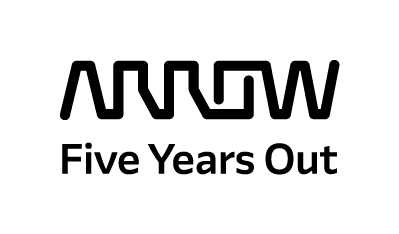Invisible Consumption
By Carol Baroudi

“Consumption,” another word for tuberculosis, is still a major killer even though it doesn’t get a lot of mainstream press. “Consumption” in the form of the goods and services we consume – particularly in the United States – gets a fair amount of press from the sustainability community. Consumption is a part of everyday life; overconsumption is the sticking point. Typically when we think of overconsumption we think of the associated waste – from packaging, from products discarded rather than repaired, or from supersized products or McMansions. In the world of overconsumption, “need” is never the operative word. In our Value Recovery world, we see electronics replaced long before they fail, with too few finding a second life.
But there’s an invisible kind of consumption in which the world actively participates on a daily basis. Indeed, the developing nations may even represent the lion’s share of this kind consumption. Facebook hosts 1.44 billion active users a month, and Facebook founder Mark Zuckerberg declared on August 27 that for the first time ever, one billion people accessed Facebook on the same day. Given that 15% of the world’s population lacks access to electricity, this means that close to one in six world citizens who could potentially access Facebook accessed it on a single day. And all that activity – posting pictures that will be electronically stored for a virtual forever, chatting, sharing articles, and more – requires acres of technology that is powered by electricity. Few of us factor our Facebook use, our Google use, or our e-mail use into our ideas about how much we consume – resources expended on these kinds of things are invisible to us. But fortunately, not to Bill Weihl, director of sustainability at Facebook.
Information technology, or IT, garners an ever-increasing share of the world’s energy footprint – whether in the hands of consumers or corporations. Though it’s not in our face, adoption of technology by users of all ages everywhere on the planet continues to increase our reliance on energy. So for me, it’s heartening that some of the best minds on the subject are actively pursuing 100% renewables for their corporate consumption. With an SB, SM, and PhD in computer science from MIT, Bill Weihl has been working directly at the intersection of computing and sustainability for nearly 10 years. And it’s why I’m thrilled that he accepted my invitation to keynote at the upcoming Emerging Green Conference.
If you’re interested in the intersection of technology and sustainability, I hope you’ll be able to join us for this first-of-its-kind conference – where solutions-oriented leaders are coming together to address the environmental issues and opportunities unique to electronics. If you’ll be there or need more conference details, drop me a line at cbaroudi@arrow.com.
Carol Baroudi works for Arrow’s Value Recovery business, promoting sustainability awareness and action. She is the lead author of Green IT For Dummies. Her particular focus is on electronics at the IT asset disposition stage, e-waste, and everything connected. Follow her on Twitter @carol_baroudi and connect with her on LinkedIn at www.linkedin.com/in/carolbaroudi. Follow the Emerging Green Conference on Twitter @Emerging_Green .

